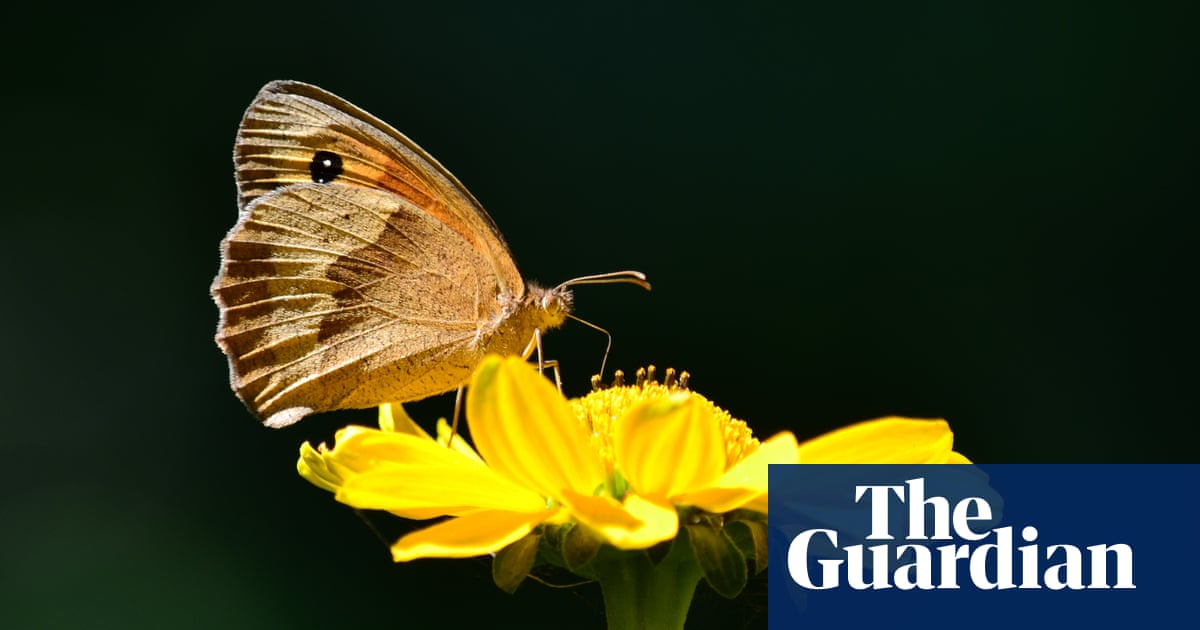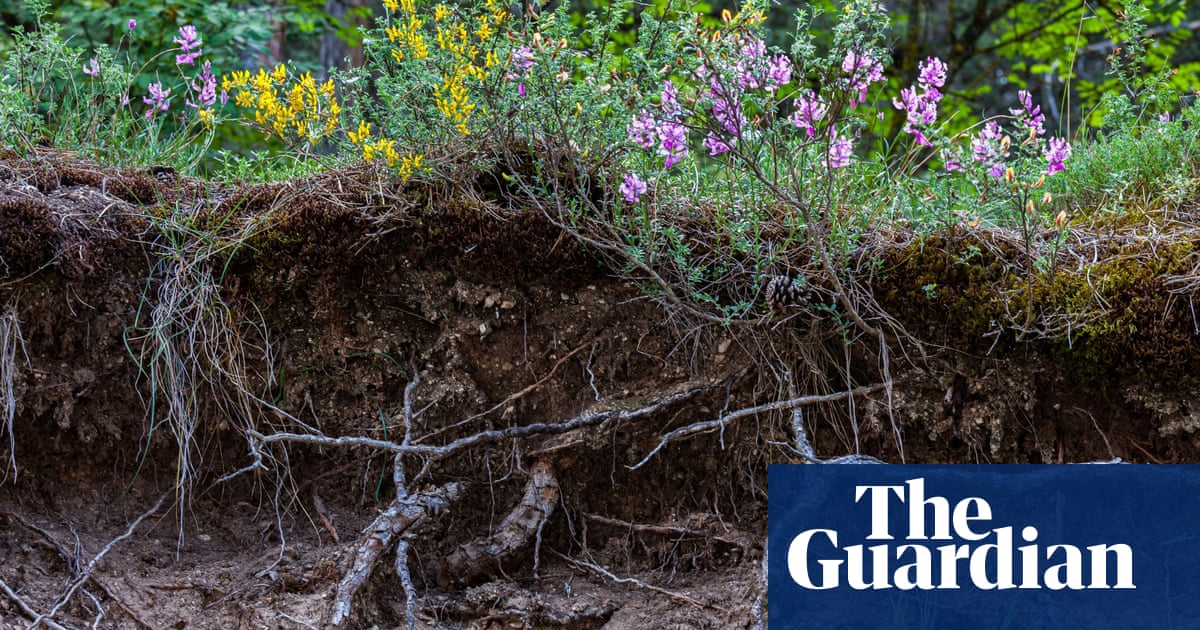
Global heating is shifting Britain’s climatic zones by up to 5km each year, outpacing wildlife’s ability to adapt and survive, according to a new report by Rewilding Britain.
If species cannot adapt to higher temperatures or relocate elsewhere, they will be threatened with extinction.
But research by the rewilding charity suggests that restoring and connecting species-rich wild habitat across 30% of Britain’s land and sea by 2030 could save a fifth of species from climate-driven habitat loss, decline or extinction.
Rewilding Britain is calling for the creation of core rewilding areas, where as many natural processes, habitats and related species are restored as possible, across at least 5% of the UK, with a mosaic of nature-friendly land and seas across another 25%.
“Nature is our life support system and it’s at risk. We urgently need to kick-start a new era of rewilding and nature restoration to match the growing tsunami of climate heating and species extinction,” said Rebecca Wrigley, chief executive of Rewilding Britain.
“We can only thrive if nature thrives, so we need to think big and act wild, with radical change in how we manage land and sea to halt and reverse biodiversity declines, and tackle climate breakdown.”
According to the report, the climate velocity – the speed at which species must migrate to stay in the same climate zone – is 5km a year on UK land and at least 10km a year in UK seas, based on calculations from the Intergovernmental Panel on Climate Change (IPCC). Such rates are more than 800 times faster than the scientific estimates of how quickly species recolonised land after the retreat of the last Ice Age.
Britain is ranked 189th out of 218 countries for biodiversity intactness, with its wildlife-rich areas fragmented by intensively-farmed land, roads and urban areas – making it difficult for wildlife to move to find more climatically suitable homes. It also makes the natural landscape less resilient to rising seas and extreme weather events such as fires and floods.
There are fewer barriers to species’ movement in oceans and scientific studies have shown that warm-water species are rapidly moving into British waters, with red mullet, sardines, anchovies and squid currently heading north at up to 50km/year.
But many marine species are moving more slowly and a study of invertebrates living close to the bottom of the North Sea found that their range would need to shift by 8km in latitude each year, with populations currently moving at 4km–7km per year.
On land, while mammals such as deer have been shown to move at 9km a year and carnivorous mammals such badgers or foxes by 6km a year, rodents are less mobile, typically moving at less than 1km a year. Research has suggested that butterflies are currently moving between 2 and 4km a year while a study of North American and European bumblebees found that 300km had been lost from the southern part of their range but no northward shift was observed despite regional warming of 2.5C.
Researchers have also observed a mismatch between zooplankton blooms in the North Sea and the breeding times of seabirds, as well as the ability of young cod to survive.
To help species survive, Rewilding Britain is proposing a network of rewilding areas in native forests, peat bogs, moorlands, heaths, grasslands, saltmarshes and living reefs, without any loss of productive farmland.
This 5% core would then be linked by 25% of Britain’s land and sea providing “natural dispersal corridors” of nature-friendly landscapes to enable species to better survive anthropogenic climatic changes. These areas could support human livelihoods including low-impact mixed forestry, eco-tourism and wildlife-friendly and regenerative farming. Previous research has shown that extensive rewilding could reduce Britain’s annual greenhouse gas emissions by at least 10%.
While Boris Johnson, the prime minister, recently promised to protect 30% of the country’s land by 2030, Rewilding Britain called upon the government to provide sufficient funding and a clear regulatory framework to enforce this pledge in the upcoming Environment Act, alongside a recognition that rewilding is a key land use.
Rewilding Britain next month launches the Rewilding Network – a decentralised hub bringing together and offering advice to people who are considering or already rewilding.
“Our report is a rallying call for coordinated, locally led action from communities, farmers, businesses, big landowners, volunteer groups, local authorities and national governments to help build a better, more resilient future by rapidly expanding nature’s recovery,” said Wrigley.












